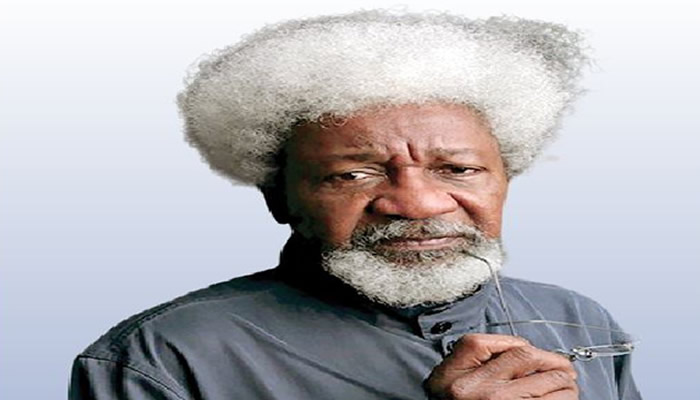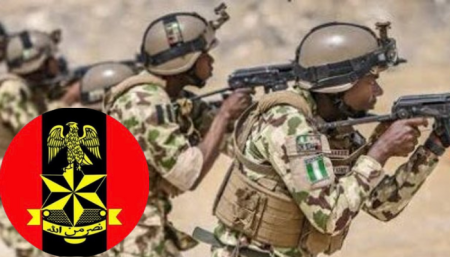Unraveling Past Injustices: A Call for Renewed Investigations into Unsolved Killings
Nobel Laureate Professor Wole Soyinka has issued a fervent appeal to President Bola Tinubu to reopen investigations into the unresolved murders of prominent figures in Nigerian history: former Attorney-General of the Federation, Chief Bola Ige; renowned journalist, Dele Giwa; and June 12 heroine, Mrs. Kudirat Abiola. Soyinka emphasized that existing clues, if pursued diligently, could shed light on the circumstances surrounding these high-profile killings. He expressed frustration over past betrayals by previous administrations, including that of former President Muhammadu Buhari, who failed to deliver on promises to revisit these unsolved cases. The call for justice resonates deeply, as these unresolved murders represent not only personal tragedies but also symbolize a systemic failure to hold those responsible accountable.
The Pursuit of Truth and Justice: Overcoming Obstacles and Unmasking Perpetrators
Soyinka recounted past efforts to secure international assistance, particularly from the United States, in investigating Bola Ige’s murder. He recalled approaching the American Embassy to encourage their offer of investigative support, emphasizing the importance of uncovering the truth behind the assassination of a high-ranking government official. Soyinka also telephoned then-President Olusegun Obasanjo, urging him to accept the foreign assistance and prioritize the investigation. However, these efforts were met with bureaucratic hurdles and a lack of genuine commitment, ultimately hindering the pursuit of justice. Soyinka highlighted how individuals intentionally obstructed the investigations, polluting the trail of evidence and shielding the perpetrators from accountability.
Acknowledging June 12 Heroes: A Shared Responsibility and a Critique of Opportunism
While commending President Tinubu for recognizing June 12 heroes with national honors, Soyinka stressed that the list would always remain incomplete. He argued that acknowledging and supporting those who fought for democracy during that period was not solely the government’s responsibility but a collective duty of all Nigerians. Soyinka emphasized the importance of community support for those who suffered casualties during the struggle, acknowledging that for some, the wounds of the past may never fully heal. He criticized individuals who exploit the June 12 legacy for political gain, labeling them as enemies of democracy who trivialize the sacrifices made by genuine activists.
Unmasking the Forces Behind the Annulment: Demanding Accountability from Babangida
Soyinka also challenged former military ruler, General Ibrahim Babangida (retd.), to reveal the identities of those who influenced his decision to annul the June 12, 1993, presidential election. He criticized Babangida’s recently released memoir for being incomplete and failing to provide the full truth about the events surrounding the annulment. Soyinka revealed he personally contacted Babangida, urging him to publish another book naming the individuals, both military and civilian, including traditional rulers, who pressured him to annul the election. He recommended reading Babangida’s account alongside that of Omo Omoruyi, a key figure during that period, to gain a more comprehensive understanding of the events.
The Imperative of Truth and Reconciliation: Preserving the Legacy of June 12
Soyinka’s call for renewed investigations into the unresolved murders of key figures in Nigerian history is not just about seeking justice for the victims; it is about confronting the nation’s past and ensuring that such acts of violence and impunity are never repeated. By uncovering the truth and holding those responsible accountable, Nigeria can begin the process of healing and reconciliation. The legacy of June 12, a symbol of democratic aspirations and resilience, must be preserved through honest and comprehensive accounts of the events surrounding the annulled election. The pursuit of truth and justice is essential for strengthening democracy and ensuring a future where the rights and freedoms of all citizens are protected.
Thematic Honors and the Pursuit of a Just Society:
Soyinka lauded President Tinubu’s decision to link the national honors to the June 12 legacy, describing it as a clever move that could potentially establish a tradition of thematic honors lists. This approach allows for contextualizing the honors within specific historical, political, or scientific frameworks, adding depth and meaning to the recognition of individuals who have made significant contributions to the nation. The focus on June 12 highlights the importance of remembering and learning from the past, particularly the struggles for democracy and human rights. By addressing past injustices and upholding the principles of justice and accountability, Nigeria can move closer to becoming a truly just and equitable society.













